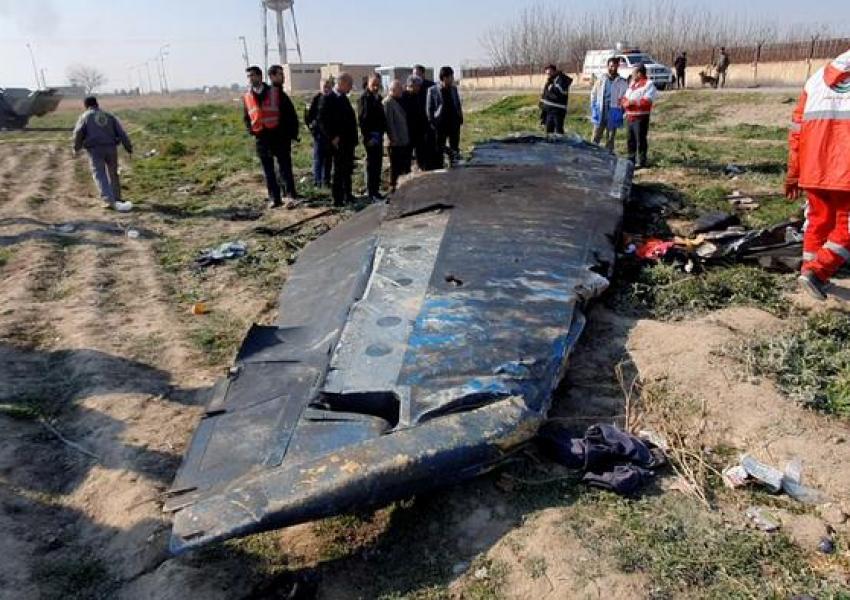
Exclusive: IRGC Threatens Flight Victims’ Families With Murder and Rape
Iran’s Revolutionary Guards (IRGC) are using threats of murder and torture to silence the families of those killed when Iran shot down a Ukrainian Boeing airliner on January 8, a source close to the families has told Iran International.
The families have been put under pressure, inside and outside Iran, to cease their demands for justice, said the source, who requested anonymity for his own safety: “Some members of these families have repeatedly been threatened with death during interrogations conducted in IRGC safe houses.”
According to the source, interrogators have told the victims’ family members that like the victims, they would be “dispatched to the other world” if they refused to co-operate. IRGC agents have been surveilling these individuals and putting pressure on them to sign supplied statements or petitions and to refuse to talk to Persian-language media outside the country.
Some of those interrogated were physically assaulted by IRGC agents, leaving marks on their bodies for some time, the source claimed. He said other intimidation included threats of lethal injection, murder with the body dumped outside cities, and rape of family members.
The source stressed that violence was not limited to those living inside Iran. On October 23, the Canada-based spokesman for the families of Iranian victims of flight PS752, Hamed Esmaeilion, wrote in a Facebook post of “hate messages, suspicious cars, strange calls and death threats,” the details of which he passed on to Canadian police. Esmaeilion, who lost his wife and daughter in the crash, started campaigning for justice for his own family and others soon after it was revealed that IRGC had fired the surface-to-air missiles responsible for the tragedy.
Two law firms in Canada and the United States have filed lawsuits in Canadian and US courts against the Iranian government, Iran’s leader Ali Khamenei and the IRGC on behalf of the family members of the Canadian and American victims. There were 63 Canadian citizens among the 176 onboard, all of whom died.
The government of Canada on October 2 announced that it had started its own inquiry into the incident, while Ukraine has been engaged in talks with Iranian authorities demanding full information on Tehran’s investigation into the incident and the pursuit of those responsible for firing the two missiles that brought down the airliner.
During the second round of talks held in Tehran on October 19 and 20, family members of some victims staged a rally in front of the Foreign Ministry building and demanded to speak with the visiting delegation. They were told by the head of the Iranian negotiating team, Deputy Foreign Minister Mohsen Baharvand, that his authority was limited and he could only ask judiciary officials to meet them.
Iran has failed to share full information with countries whose citizens died in the incident and on October 28 Baharvand announced that Iran will not cooperate or negotiate with Canada over the airliner incident.
Iran admitted shooting down the plane after three days of denying any knowledge of the cause of the crash. The SAM missiles that brought down the plane shortly after taking off from Tehran’s International Imam Khomeini Airport on January 8 were fired within hours of Iran’s missile attacks on US bases in Iraq in retaliation for the US killing Qasem Soleimani, the IRGC Qods (Quds) Force commander, in Baghdad on January 3. Iranian President Hassan Rouhani described the crash as an “unforgivable mistake.”








